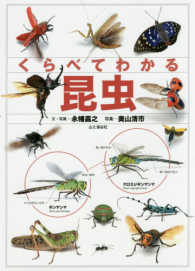Full Description
This book focuses on academic writing and how academics who are experts in their fields can translate their expertise into publishable form. The magnitude and speed of the changes that are transforming the global academic landscape produce an ongoing need for literature that interprets the nature of academic work. This book arises from the background discipline of Education, which is a relatively new university subject that draws on the entire knowledge spectrum from the fine arts to the natural sciences. Each chapter addresses an aspect of the conditions of written academic labour in an age of digital publishing: its nature, how it works, and guidance for successful navigation. This book will provide helpful guidance to graduate students, researchers and teachers in universities and higher education, who are united by the challenges of this new world of academic publishing.
Contents
1 Introduction: Writing for different academic purposes and genres.- 2 Becoming an academic differently: On not following the rules.- 3 The economy of academic labour in the age of digital journals.- 4 Qualities in the medium of academic writing.- 5 Tripping on our roots: Extending the reach of critical ethnography.- 6 Collaborative practice: Place and positioning.- 7 Writing: A Māori method of inquiry.- 8 Imposter syndrome: Being and becoming an academic through poststructural thinking.- 9 Breaking bad becoming good: How disrupting methodological convention produces the affective researcher.- 10 How I was found by the poem, in the academe.- 11 Who am I? Who am I?.








